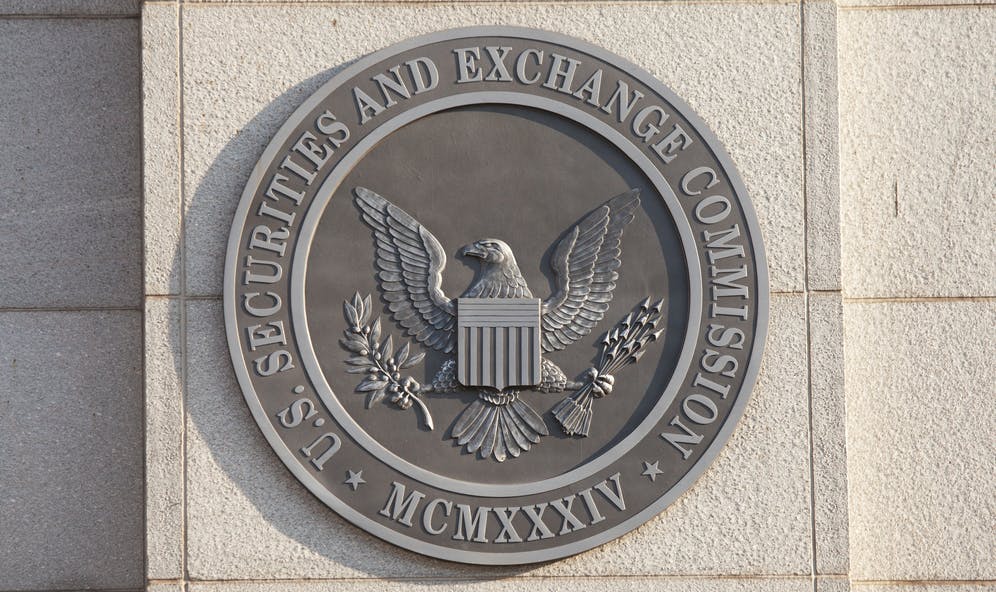Immigration lawyers Robert Divine and Kathleen Harrison have commented on the SEC’s expanded definition of “accredited investor.” A “spousal equivalent” who is not legally recognized is now included in the accredited investor definition. Further, the SEC has made it clear that a couple’s joint net worth may include assets that are not held jointly. Also, people with certain professional credentials may now qualify as an accredited investor, regardless of income or net worth.The Securities and Exchange Commission (SEC) recently broadened their definition of who may be an “accredited investor.” This rule will take effect around the beginning of November 2020. This holds importance for EB-5 as many issuers take advantage of exemptions from securities registration to solicit and subscribe accredited investors.The previous definition of an ‘accredited investor’Before these changes, the SEC would qualify a person as an accredited investor if they had an income of $200,000 (or $300,000 joint income with a spouse) for the last two years and are expected to earn that amount or higher going forward. Alternatively, a person with a net worth of $1 million, or a couple with joint net worth of the same, would qualify as an accredited investor.Two new changes to who qualifiesThe two changes of interest to the EB-5 world include an expansion of a spouse to include a spousal equivalent, and the designation of people with certain professional designations — regardless of their net worth or income — as accredited investors.Non-legally recognized partners can qualify to add to income or net worthThe inclusion of a spousal equivalent should make an immediate impact on some EB-5 investors. Prior to the SEC changes, only legally recognized spouse could be included in the calculation of joint income or joint net worth. Now “spousal equivalents” — partners who are not legally recognized — will be included in that definition, and be allowed to add their income or net worth in order to satisfy the financial requirements of an accredited investor designation.Non-jointly held assets are eligibleAlso of note is the fact that the SEC has clarified the previously uncertain issue of whether or not joint net worth can only include jointly held assets; we are now clear that assets of either partner, even if not jointly held, are eligible.Certainly many life partners who have not chosen marriage will be pleased to know that the SEC recognizes their partnership to be the same as those who have officially tied the knot.Professional credentials can now eliminate the net worth or income qualifiersThe other expanded definition of accredited investor according to the new SEC rules will have minimal impact on EB-5 investors, at least for the moment.The SEC will allow for designation as an accredited investor, regardless of income or net worth, for people who have “in good standing one or more professional certificates or designations or credentials from an accredited educational institution that the SEC has designated as qualifying an individual for accredited investor status.”On the face of it, this may sound promising for certain investors. But it should be remembered that in EB-5 the investment amount plus administration fees are allowed to be factored into the net worth calculation. Given that the current minimum investment threshold of $900,000 and administration fees can be at least $65,000 or more, almost all current EB-5 investors will satisfy the $1,000,000 net worth condition to be an accredited investor.However, it’s worth considering that if EB-5 investment amounts ever decrease in the future — not a foregone conclusion but a possibility as many stakeholders and even some politicians are advocates for such a change — then the inclusion of people with certain financial credentials, regardless of income or net worth, could have a bigger impact on EB-5.The SEC’s new rule allows for the inclusion of new professional certifications or destinations in the future and is thus flexible.Read the Baker Donelson article “The Impact of SEC’s Expanded Definition of ‘Accredited Investor’ on EB-5 Offerings”
Category
Politics & PolicyDate
Sep 19th, 2020
Comments
To leave comments you must Register first



